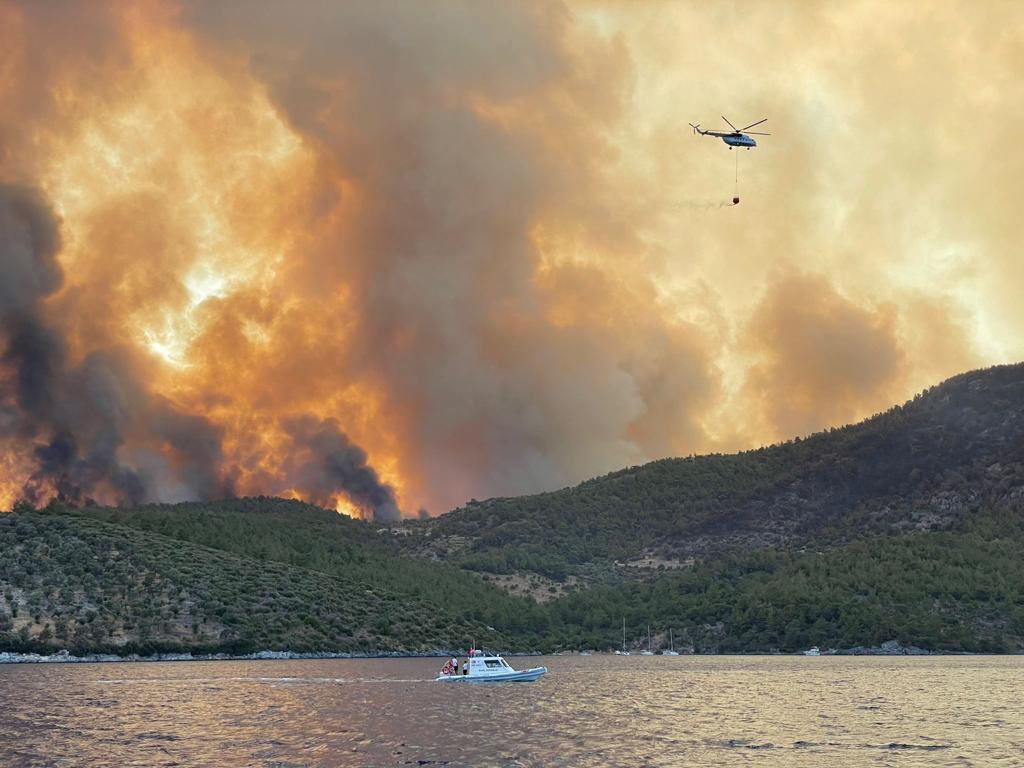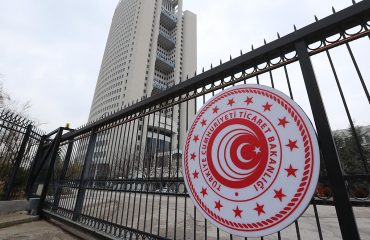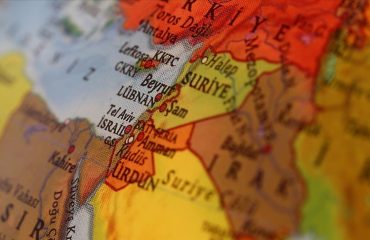

“A Paper Tiger” is a Chinese saying used to refer to those who bark very loudly but cannot follow through on their threats. Chinese communist leader Mao Zedung coined the phrase referring to American threats against China and history seems to have proven the U.S. was largely powerless in its efforts to create regime change in China.
Turkey was faced with a similar situation in the fall of 1998 when our land forces commander General Atilla Ateş threatened Syria with military action if they would continue to host terrorist leader Abdullah Öcalan. It was the first time that Turkey openly expressed its patience had run out and implied it would take military action. The problem was however that there was no enough military preparation whatsoever to back the threat made by General Ateş.
The threat drew great attention domestically as well as abroad. At the time, I was responsible for media relations at our Washington embassy. Dozens of journalists were calling me demanding answers on how the threat would translate into policy. Our biggest problem became how to manage expectations internationally.
President Süleyman Demirel called for an urgent national security meeting that was attended by the Prime Minister, his Cabinet and the chiefs of Turkish General Staff. President Demirel said: “If Turkey cannot enforce these demands on Syria, we will be exposed as an empty giant.”
These days, while struggling with the forest fires crisis, I cannot help but remember the valuable lesson grandfathered into those words. Today, empty promises and statements made by the government of Turkey while battling the forest fires, have not been able to prevent the “paper tiger” image that now prevails amongst a large portion of Turkish society. The government was unable to meet the expectations they themselves created which backfired when the people suffering from this natural disaster realized they were on their own. And instead of focusing on treating the wounds of those affected by the disaster, the government chose to punish innocent civilians that dared to question the discrepancy between the situation on the ground and the empty promises made by the government.
The government saw no harm in further inciting an already polarized society. Instead of directing its energy to fighting the forest fires, it allowed hatred between different political groups to rise. The rhetoric that followed exposed that we are no longer the tolerant, peaceful and compromising society that we like to claim.
It was inevitable that our Ministry of Foreign Affairs which has transformed into a political spokesperson of the ruling government party, would join the government in its mistaken management of this crisis.
But the level of incompetence displayed in managing international support calls made by allied Nations has surprised even critics considering the long experience the Ministry enjoys in managing these situations. Apparently, it wasn’t even deemed necessary to form a crisis desk or a task force that would focus on transparently updating international stakeholders which resulted in baseless speculation on social media about the Government refusing help from countries such as Greece and Israel.
Best spots filled with political appointees
As a retired senior career diplomat of the Turkish Foreign Ministry, it pains me greatly that the institution that I dedicated 40 years of my life to was being abused to score personal political points. The entire concept of a career diplomat has been eroded to the point that the teacher-apprentice tradition no longer truly exists. The best spots are filled with political appointees rendering motivation levels among career foreign service professionals lower than ever before. While some political appointees enjoy enough experience, others are selected purely on the basis of party loyalty. Worst of all, it has become public knowledge that foreign service appointments are no longer decided within the Foreign Ministry itself.
These developments have eroded trust among foreign diplomats assigned in Turkey as well rendering the Ministry even less effective in convincing the international community of the rationale behind our foreign policy.
Our Foreign Minister himself operated as a shadow minister of interior during this recent crisis rather than a reference point for Turkey’s international stakeholders. While we witnessed for the first time that a Minister of Foreign Affairs was assigned a seat in a natural crisis task force, he was not invited to attend the recent National Security Council meeting.
All of the above causes friend and foe to question the government’s ability to properly manage the many challenges Turkey is facing domestically as well as abroad. Voicing out loud rhetoric will not change this fact and only adds to the perception of Turkey as a paper tiger; domestically as well as abroad. Ruling Justice and Development Party (AKP) political circles continuing to applaud the government will help to keep this charade afloat as much as the orchestra that kept playing prevented the Titanic from sinking.


